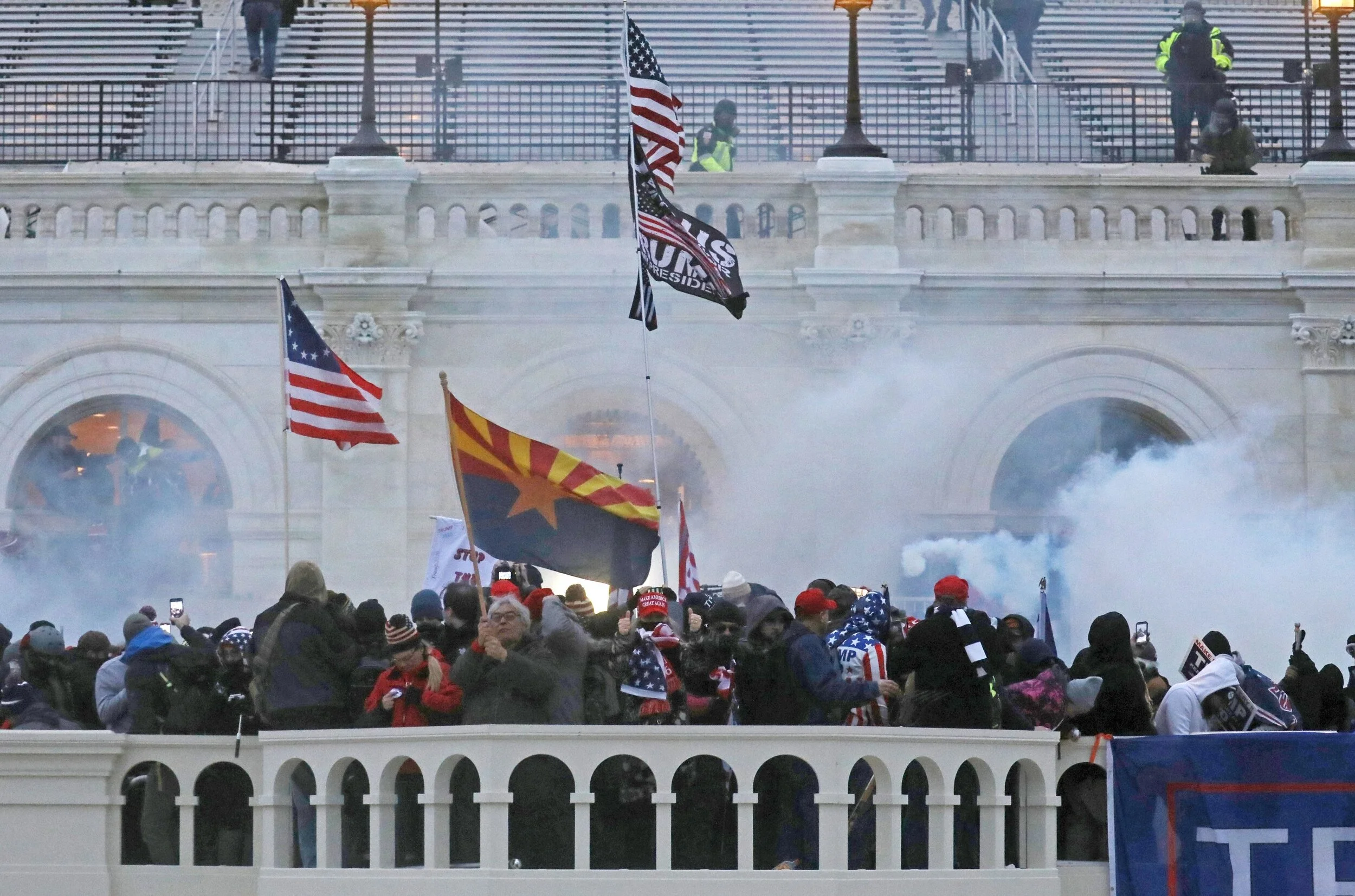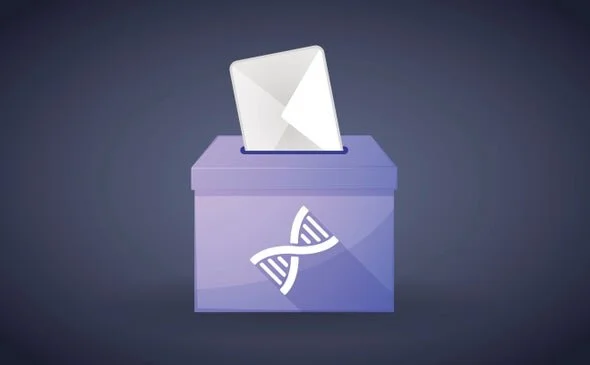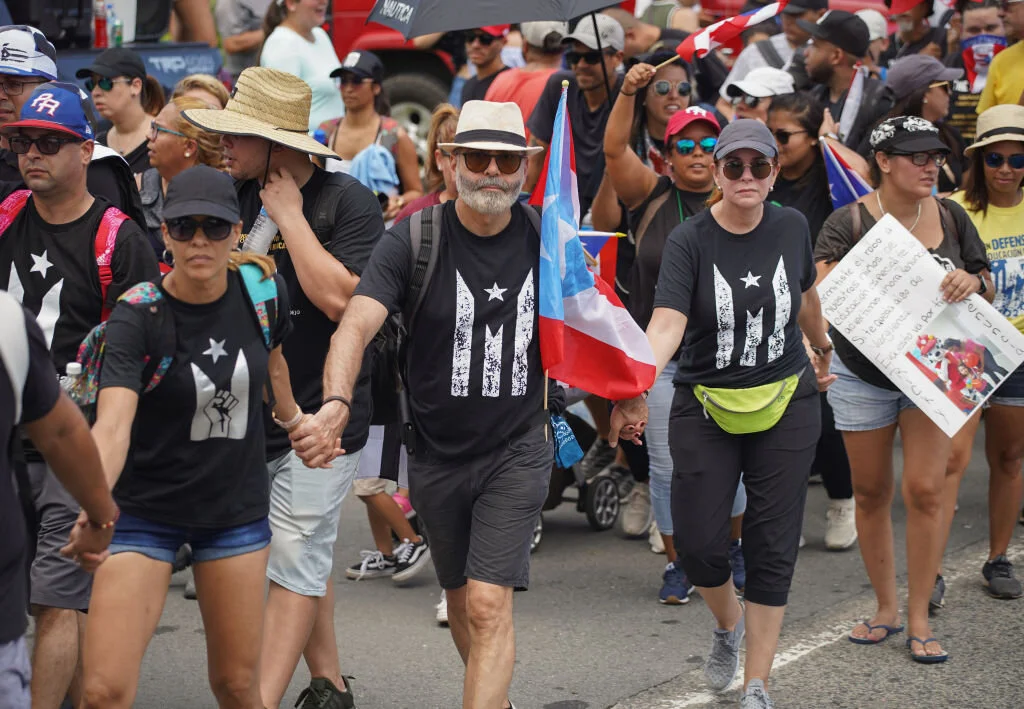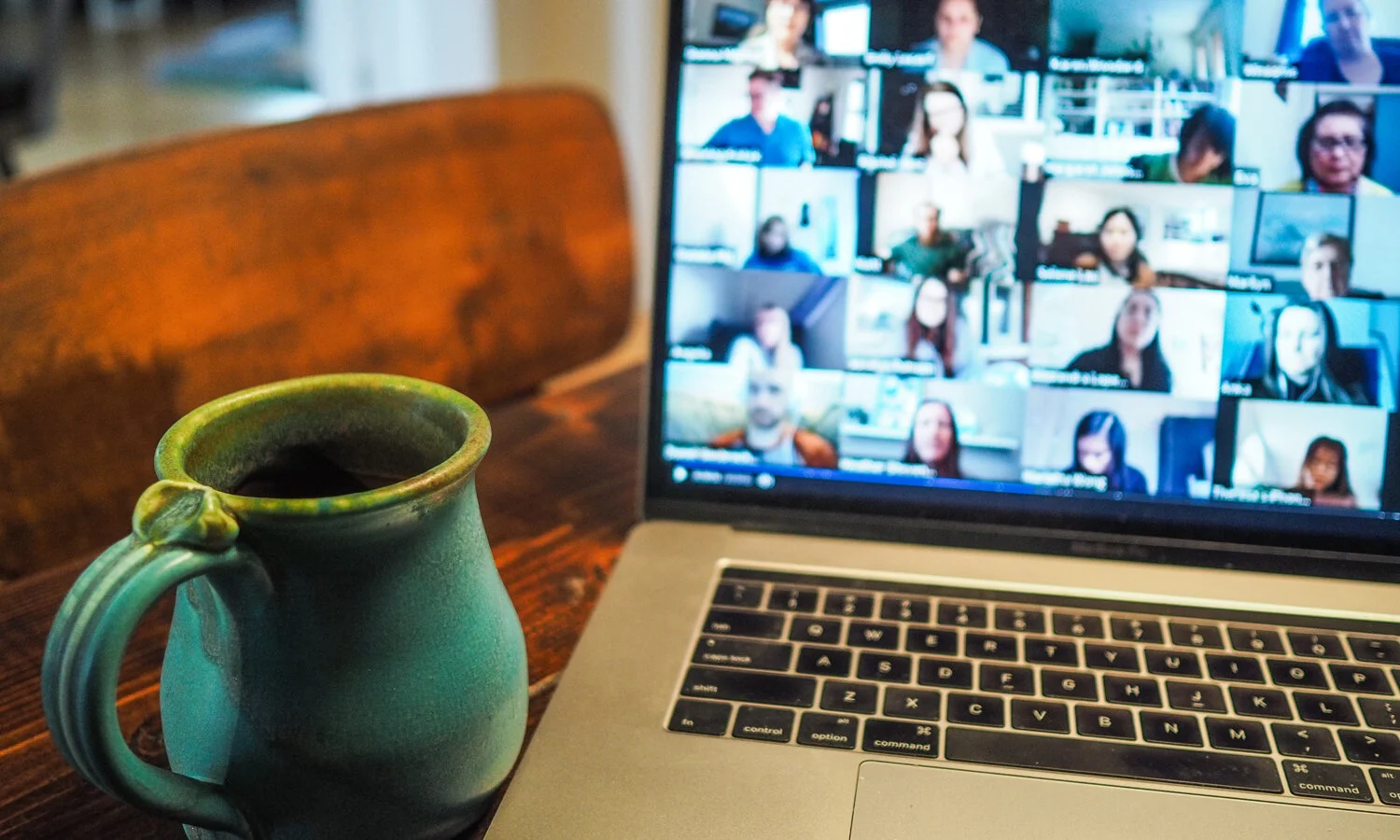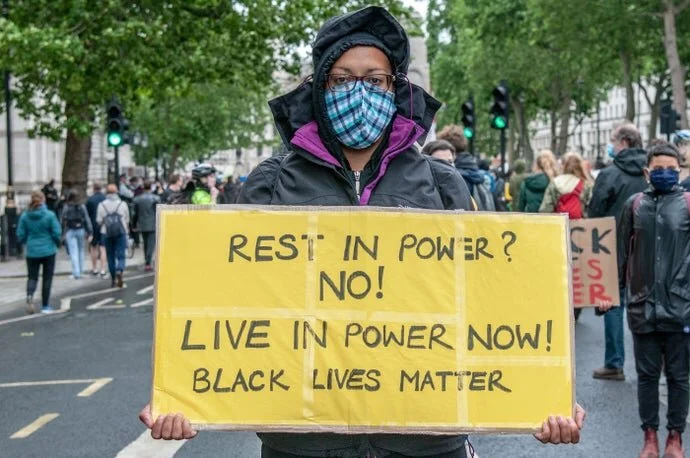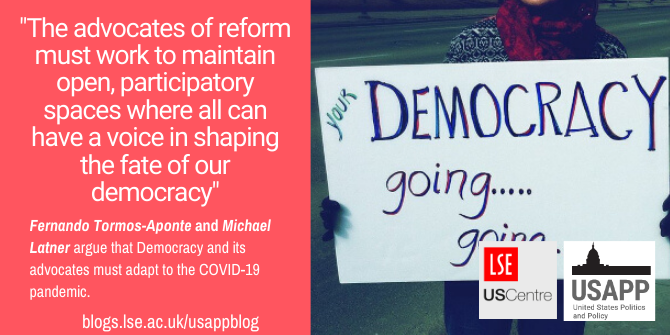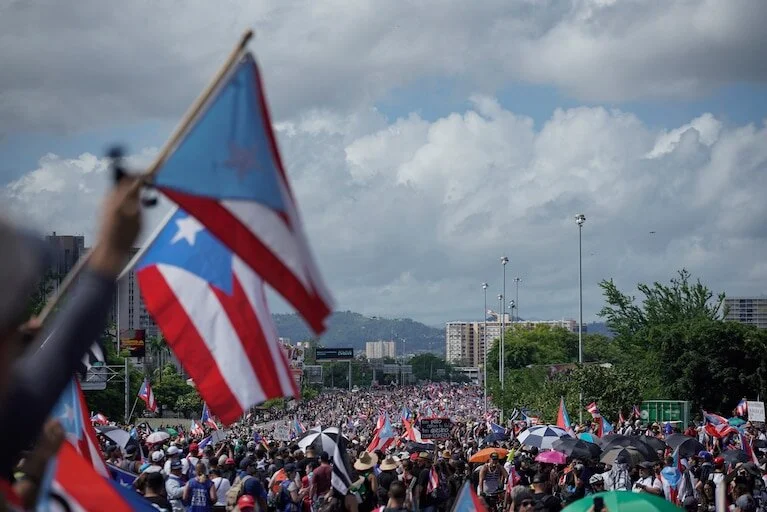Articles
Two Years Since George Floyd’s Killing: What Have Scientific Societies Done?
Enmeshed in a colonial relationship with the US and abandoned by their own establishment politicians, Puerto Ricans are being forced to forge their own recovery after Hurricane Fiona. But they’re also dreaming of a different, more just future.
Puerto Rico’s electricity problems go beyond Maria and Fiona. Puerto Ricans face higher electricity bills — but see few improvements that make the power grid more resilient to storms.
Puerto Rico’s vulnerability to hurricanes is magnified by weak government and bureaucratic roadblocks.
Hurricanes may not discriminate, but governments and utility companies do, our research finds. When everyone loses power, who gets it back first?
We Must Urgently Build an Inclusive Science Advocacy Movement.
Why it’s so misleading to call the Capitol violence ‘Third World.’ Like too many episodes in U.S. history, the violence was homegrown.
Scientists Are Becoming More Politically Engaged. Here’s what that means beyond the 2020 elections.
Puerto Rico’s left won seats in the legislature. Here’s why that matters.
One year after Puerto Ricans ousted their governor in mass protests, the long-standing structures of political and economic oppression remain in place on the island. But the uprising proved the power of collective action — and Puerto Ricans have become more resolved to build democracy from below and challenge their colonial status.
Understandings of Science Advocacy can Strengthen it.
On Racial Justice, Statements Are Not Enough. Academic institutions and scientific organizations must embrace collective action.
Democracy and its advocates must adapt to the COVID-19 pandemic. To ensure November’s general election is as free and fair as possible, electoral democracy advocates must now find new ways of exerting policy influence online and to open up virtual spaces to constituents and advocacy groups.
The Spectacle of Presidential Primaries in Puerto Rico. Published originally in the American Political Science Association’s Political Science Now.
Unrest in Puerto Rico is not just about the governor. Here are four things to know.
Many Puerto Ricans are outraged about how its resigning governor installed his successor. Here’s why.
Puerto Rico’s corrupt governor is set to resign today at 5 PM. It’s a stunning win for the island’s leftists, who have struggled for years against oppression and austerity.
How an Investigative Journalism Center Helped Oust Puerto Rican Gov. Rosselló.
While ordinary Puerto Ricans were struggling to recover from Hurricane María, Governor Ricardo Rosselló was conspiring to hide the extent of the devastation.
An analysis of the implications of the 2018 midterm elections for the Latino population and democracy more generally.
An analysis of the left in Puerto Rico in the aftermath of Hurricane María and its relevance for Puerto Rican politics in the current juncture.
The aftermath of Hurricane María has laid bare the consequences of Puerto Rico's colonial condition.
A participant-observer look inside the advocacy and activist efforts of the transnational environmental movement at COP21, reflecting on different forms of diversity within the movement.
Report on the activism of Indigenous Peoples and their claims for recognition and representation during in the United Nations Climate negotiations in Paris.






